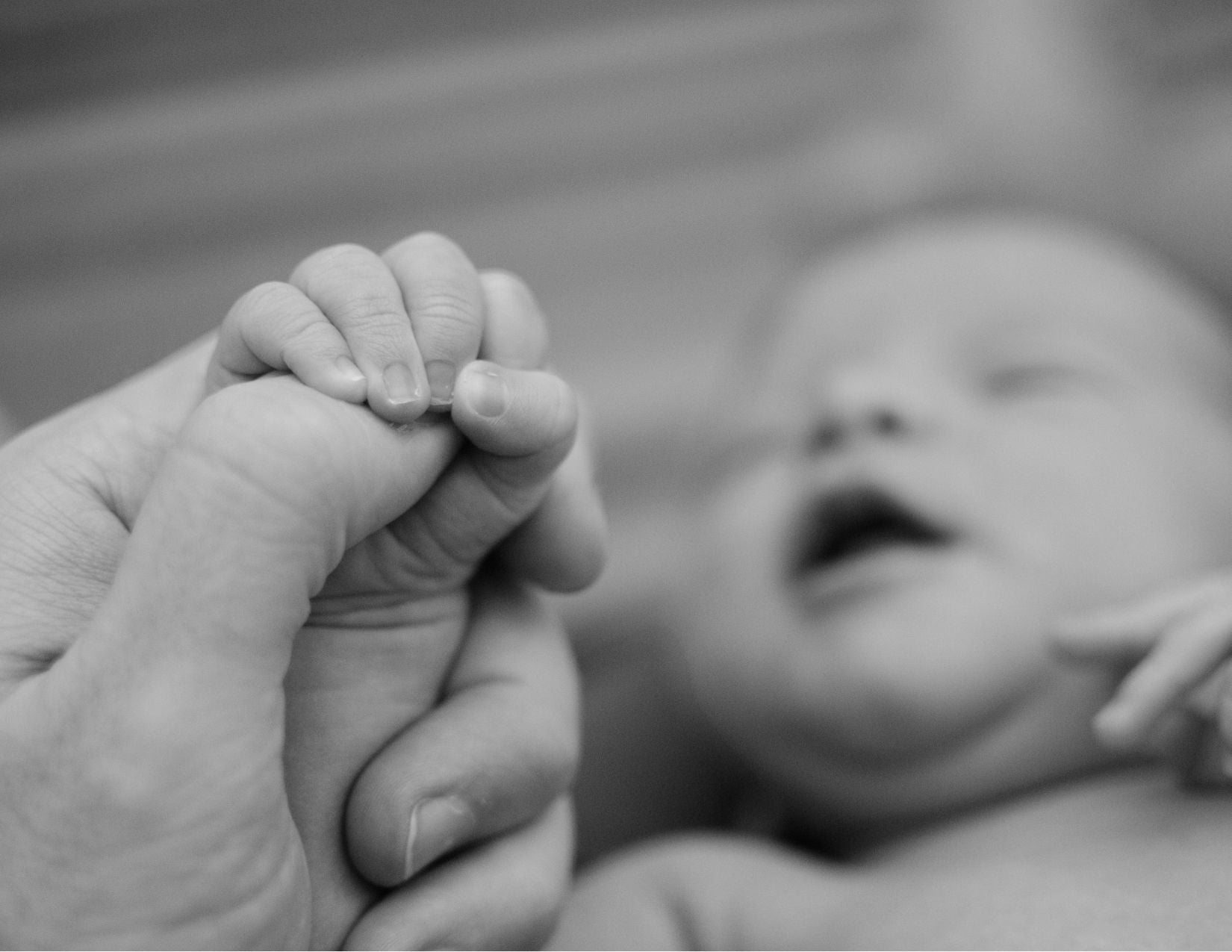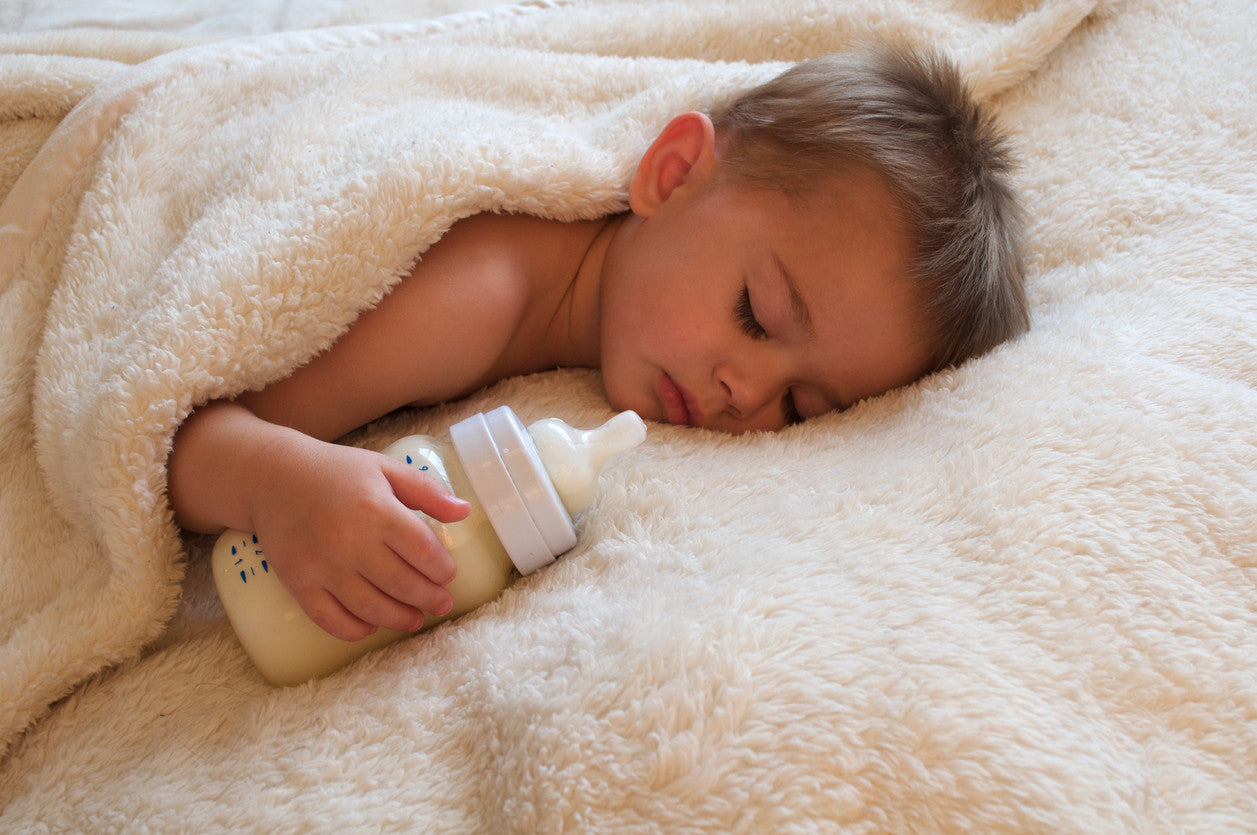Sounds like a pretty depressing topic, doesn’t it? Bad parenting is something we most often attribute to uncaring, unfeeling, mainly underprivileged moms and dads – not something we want to accept in ourselves.
Images of half starved kids, filthy and hopeless, are constantly in the news. Whether their parents are bad or good, loving or unconcerned, turns out to often be a matter of our perception. Stop and think of all the factors – lack of proper food or water, sickness, poor education, war, etc. etc. etc. – that could be in play. It’s easy to judge and label the parents unfairly.
Then think about all the advantages available to most of us. We don’t have to worry about putting a roof over our kids’ heads or providing them with nourishing food and clean water, yet our children often turn out to be less than the perfect angels or model students we dreamed they would be. Let’s take a closer look at what bad parenting really is.
The Obvious
Parents who yell at their kids in public, constantly give in to their whining demands, park them for hours in front of the TV or their iPads or are too busy to make time to simply be with them, rank right up there at the top of the Bad Parenting list.
The Less Obvious
But there are less obvious signs of bad parenting - traps that we all fall into, swear that we won't do again and still beat ourselves up about:
- Losing your temper for the slightest reason.
Strangely enough, when your kid upends the dog’s water dish, it’s not the end of the world. Same thing when he forgets to wipe his muddy feet on a rainy day and tracks in half the neighborhood. Maybe that isn’t the “slightest” reason to you, but in the grand scheme of things, staying calm and handing your kid a rag and telling – not asking - him to clean it up makes you feel better and him realize that there are consequences.
More often than not, how you react is dictated not so much by the situation itself, but by the amount of stress you’re under. If overreacting is the norm, an unintended consequence is that your kid will start lying to avoid making you upset – not something you want to encourage.

- Micro-managing the actions of your child.
Starting from an early age, begin to give your child choices and encourage her ability to make her own decisions. It can be as simple as which of two t-shirts she wants to wear. It’s a skill that is developed over the years. It becomes more complicated as the years go by and involves moral issues such as deciding whether to stand up for herself and tell the truth when she broke your favorite vase rather than blaming the dog.
The more you tell or “advise” your child what to do, the less she’ll be able to make good decisions. On the other hand, the more you explain the consequences of her choices, to herself and to others, the more she will learn to weigh them. Especially later as peer pressure and the desire to fit in becomes a reality you’ll both have to face.
If, however, you constantly pick up the pieces of her bad decisions, she will continue to make them, knowing that you’ll make things right when she does. From time to time, of course you’ll step in, but use those times wisely.
You’ll help her build self-esteem and a strong moral compass.
- Comparing your child to others.
Whether it’s to a sibling or to a friend, no kid wants to be told he’s not as good, as talented, as “whatever” as another kid. Each child is unique and deserves to be judged on his own merits. What you might see as deficiencies are actually areas that you can help develop. If he’s not very coordinated, start him doing fun things like walking on a low, narrow ledge or jumping as far as he can. There are tons of things that can improve a child’s agility – both mental and physical.
Accept that each person has limitations of some sort. Perfection is boring, isn’t it?

- Taking the time to parent.
It can be hard to set aside the time, but let the kids know that you are taking 15 minutes and don’t want to be disturbed while you are on the phone, at your computer or on your iPad. Make it routine, but be prepared for the typical, and inevitable, pushback as they try to get your attention. Make it “Mommy’s (or Daddys) Time” and, no, you don’t have to couple it with a reward of some sort.
The result? They learn that taking time for oneself is a good habit to get into, as well as being respectful of other person’s wants or needs.
- Praising too much or too little.
Just because your kid scribbles a few lines on a piece of paper does not constitute a work of art and mean that you have to rave about it. On the other hand, if you set the bar so high that your child can never please you, the chances are that he or she will have low self-esteem and problems later on in life.
Depending on their age, set realistic expectations and praise accordingly. Words like “I really appreciate that” or “Well done!” said with a big smile go a long way to making a kid’s day!
You Don't Have to Beat Yourself Up
With all of these examples, it comes down to a couple of things:- awareness of your own actions and how they can deeply affect your children,
- remaining firm in your expectations and
- giving your children the space to learn about and be themselves.
You are their guide and example for good or for bad…
Download a PDF version of this blog entry on our Scribd page by clicking here.


